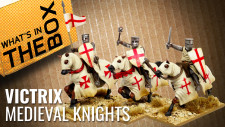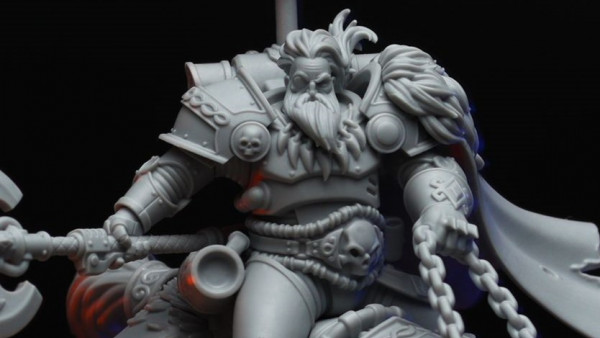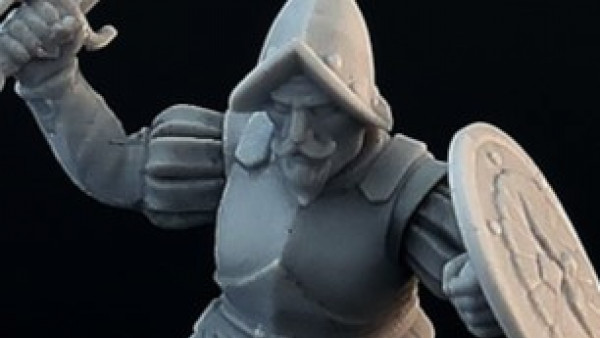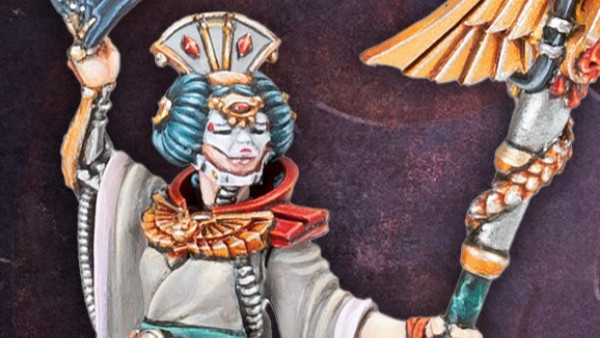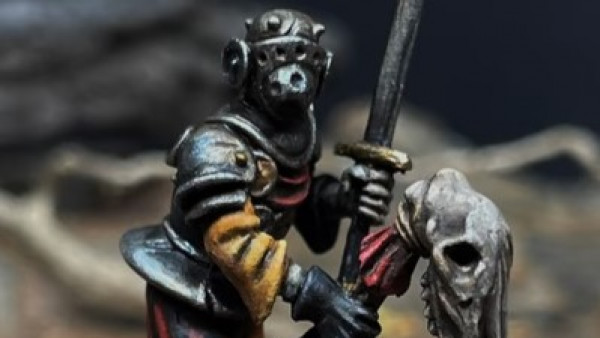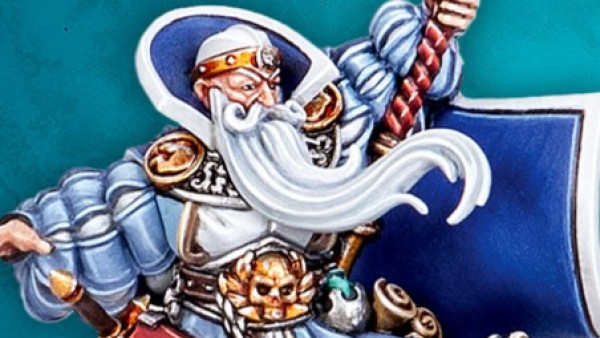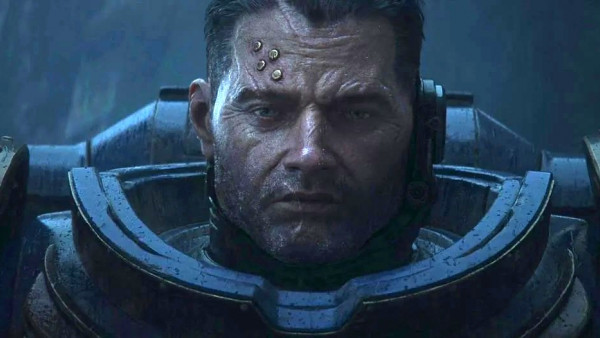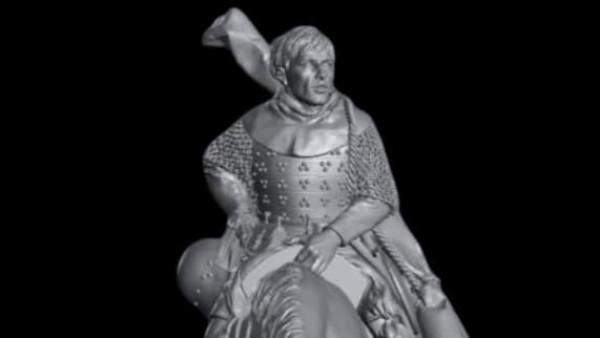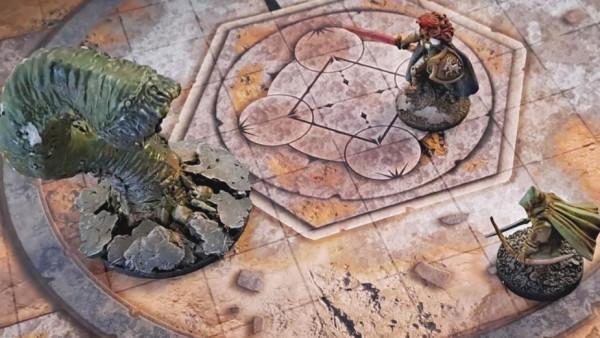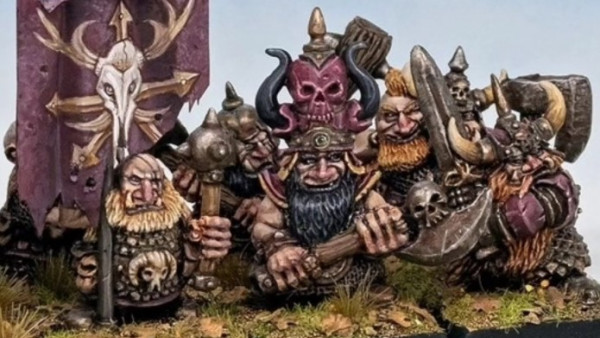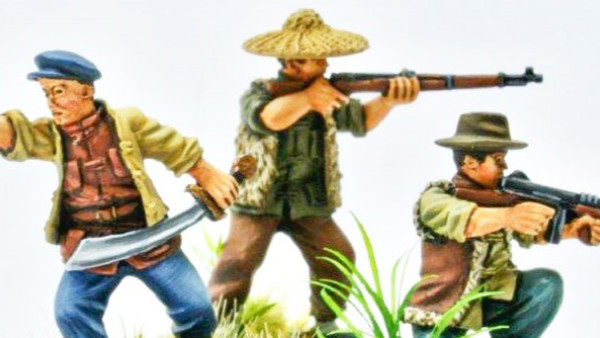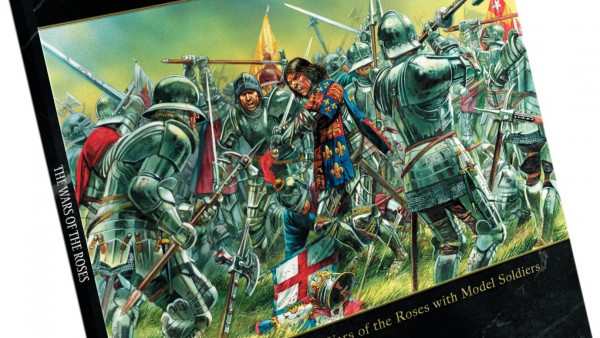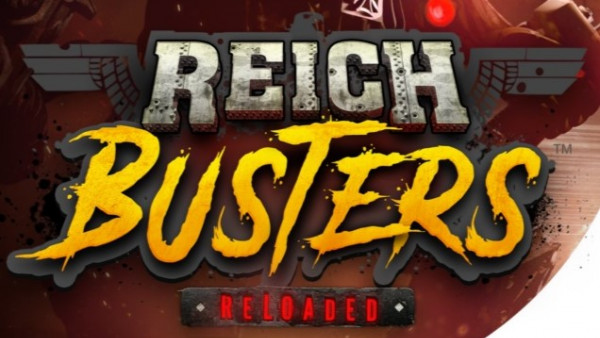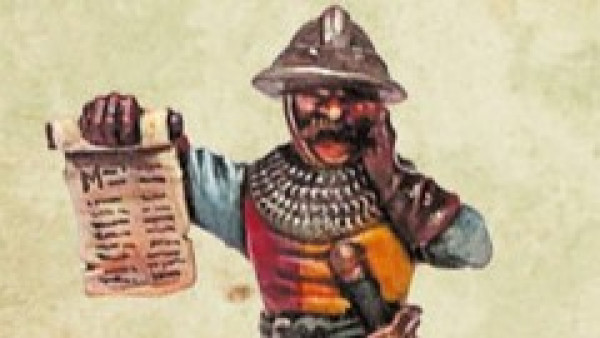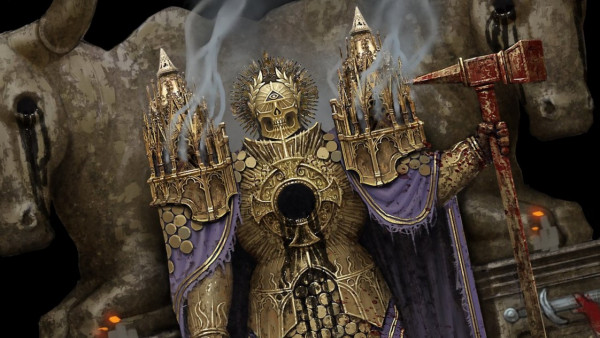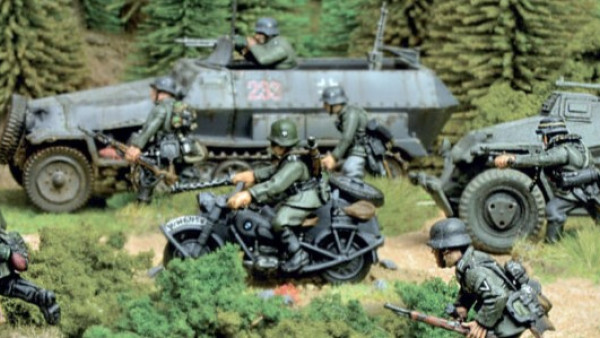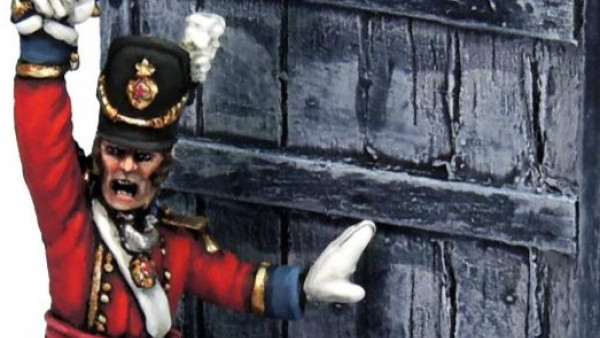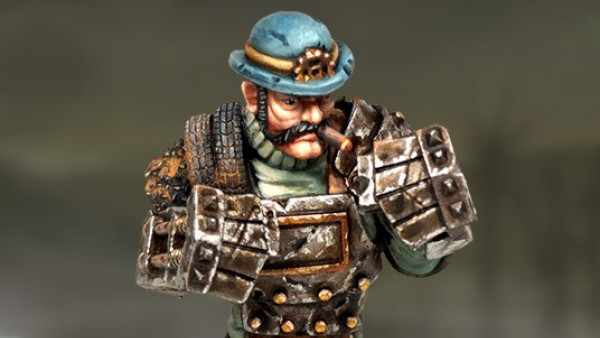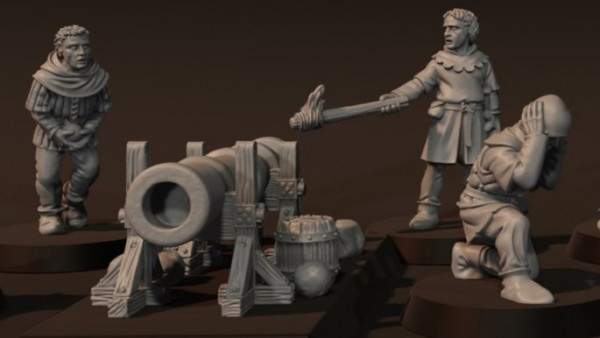Home › Forums › Historical Tabletop Game Discussions › Remembering D-Day and the difficulty of being a German › Reply To: Remembering D-Day and the difficulty of being a German
I’ll add my two penniths worth.
my parents at this moment live in jersey – the only part of the british isles to be invaded. And they have a similar mentality around the war, they dislike churchill because he left them to starve and also can’t quite give the same distance as most of britain of US and THEM, as they saw the ‘enemy’ up close. Infact part of one of their museum pieces is an interactive german soldier and it asks “What would you do” the german soldier is trying to speak broken english and being pleasant offering food etc. They find ww2 weird because it wasn’t the faceless enemy they saw the people as well, which makes looking at any bad time harder.
They celebrate the day they were liberated however there’s a small amount of annoyance there as during D-Day they were bypassed and the germans ‘starved’ out – meaning they weren’t liberated for quite some time (MAY 1945)..
further more their museums (which is a massive underground field hospital and bunkers around the island) are FULL of stories of locals AND germans, because ultimately there is a human side they have to tell. Having lived in close proximity to the ‘enemy’ (Even though many of the germans stationed there came back because of how well they reminisced about the island (to put in perspective you could be stationed there or the eastern front)
I think it is nice that the museums walk a very good line about the atrocities (many spanish and russian slaves were used there) mixed with the human side (stories of the germans in the bunkers they lived in / stories of locals in talking to or resisting the germans), even some from the channel islands were sent to concentration camps and never came back.
There is a fine line to walk to discuss these issues but not annoy anyone, but in truth dialogue has to be the ultimate winner here no matter if people have their toes trodden on.
For example:
My nan (oma) grew up during the war – was part of child groups and sports teams which are probably deemed ‘evil’ now but were an equivalent of scouts and such groups (with a propaganda element). And talked about stories which happened during her time there – even a story where during kristallnacht where these children groups were used to rouse up some of the rioting (brain washing children anyone?), she took some cloth (as a child going along with the crowd) and took it to her mother, horrified her mother made her take it back. Now my family didn’t know about this story because nobody wanted to talk about it.
She didn’t seem too fussed discussing such details with me however i think there was a sitgma with my aunts, as when she moved to england (during the cold war – lots of stories of escape in her past too eg: shot at by russian soldiers escaping across train tracks) she stopped talking in german as people gave her angry looks and my aunts STILL hate discussing the war (As I think in their mind it degrades their ‘family’ image) – which i think maybe some germans also feel
However she told me because i had knowledge of the war and i think this is a small concise story which shows that nothing in history is ever black or white and infact both sides had evil (allied warcrimes anyone?) and humanity.
Many stories in the german bunkers show german soldiers – many 20-ish years old, feeling sorry for the slaves on the island and also telling of their lives. Which i think really brings home living in a totalitarian state: 1) its a brave person to get in its way – much braver than we think and 100x braver to act upon it 2) if the train has left the station its very hard to stop it to get off.
However in all of this dialogue is key, no matter how horrible it may seem, to look and understand what happened is better than turning a blind eye – for all parties.































![How To Paint Moonstone’s Nanny | Goblin King Games [7 Days Early Access]](https://images.beastsofwar.com/2024/12/3CU-Gobin-King-Games-Moonstone-Shades-Nanny-coverimage-225-127.jpg)



